As a close observer of consumer safety trends and international imports, I’ve noticed increasing concerns about certain products from Turkish, Azerbaijan, and Malaysia being sold in India—either through official distribution or grey market channels. While not all items from these countries are harmful, some have raised red flags due to health risks, mislabeling, regulatory violations, or poor quality.
Here’s a detailed guide on the brands and products Indian shoppers should approach with caution, along with how to identify imports from each country in real-world scenarios.
Turkish Products to Approach with Caution
Overview
Turkey’s diverse industries have led to a variety of products entering international markets, including India. While many Turkish products are of high quality, some have raised concerns regarding safety, labeling, and compliance with Indian regulations. It’s essential for consumers to be informed and vigilant when purchasing imported goods.
1. Confectionery and Snack Foods
Brands such as Ülker, Eti, and Torku are prominent Turkish confectionery producers. Their products, including biscuits, wafers, and snack rolls, have found their way into Indian markets through specialty stores and online platforms.

Concerns:
- Allergen Disclosure: In February 2025, certain Ülker products were recalled due to undeclared allergens like wheat, egg, and milk, posing risks to individuals with sensitivities.
- Labeling Issues: Some products lack clear labeling in English, making it difficult for consumers to understand ingredients and expiry dates.
- Regulatory Compliance: Not all imported batches undergo rigorous checks by the Food Safety and Standards Authority of India (FSSAI), leading to potential safety concerns.
2. Cosmetics and Personal Care Products
Turkish cosmetic brands like Farmasi and Flormar have gained popularity through online marketing and influencer endorsements.

Concerns:
- Ingredient Transparency: Some products contain synthetic brighteners, parabens, and skin-lightening agents that may not be disclosed on the packaging.
- Regulatory Approval: These products might not have the necessary approvals from Indian regulatory bodies, raising questions about their safety and efficacy.
- Allergic Reactions: There have been reports of skin irritations and allergic reactions, possibly due to undisclosed ingredients.
3. Honey and Related Products
Turkey is one of the world’s leading honey producers. However, concerns have been raised about the authenticity and safety of some honey products exported from Turkey.
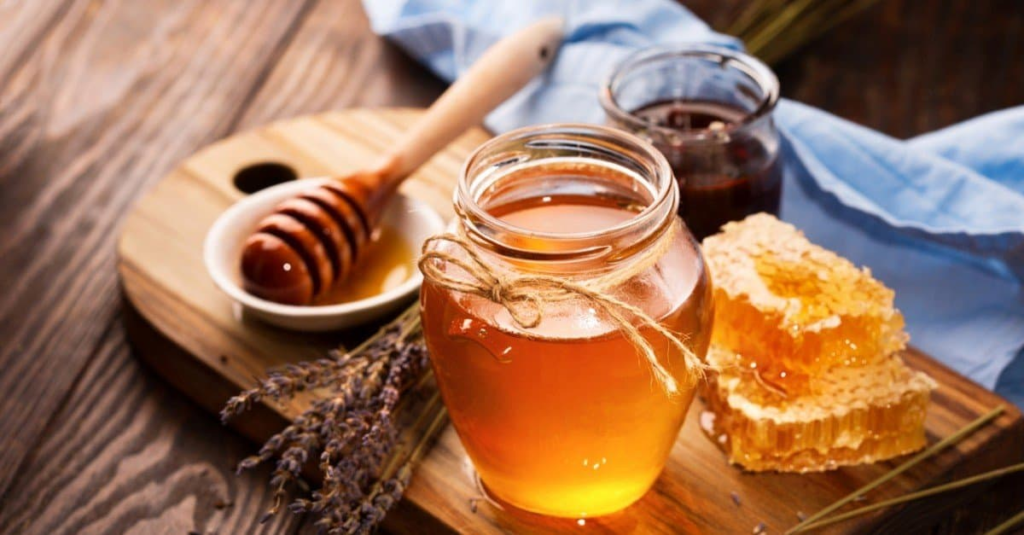
Concerns:
- Adulteration: Investigations have revealed that some Turkish honey is adulterated with glucose, fructose, and other sweeteners.
- Hidden Ingredients: Certain products, marketed as “Turkish Viagra Honey,” have been found to contain undeclared pharmaceutical ingredients like sildenafil, posing significant health risks.
- Labeling and Authenticity: The lack of transparent labeling and certifications makes it challenging for consumers to verify the purity of the honey.
4. Electronics and Home Appliances
Brands like Beko and Vestel offer a range of electronics and home appliances.

Concerns:
- Voltage Compatibility: Some products are designed for European voltage standards and may not be compatible with Indian electrical systems without proper adapters.
- After-Sales Service: Limited service centers and lack of spare parts in India can make maintenance and repairs challenging.
- Warranty Issues: International warranties may not be honored in India, leading to potential financial losses.
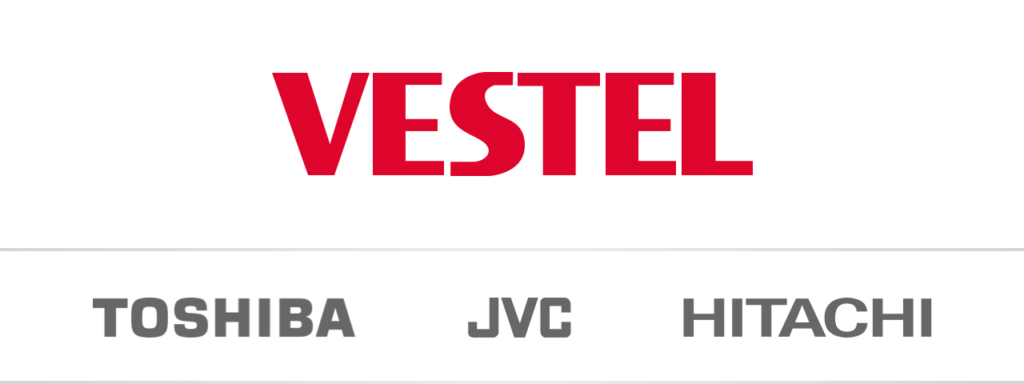
5. Beverages: Coffee and Tea
Turkish brands like Mehmet Efendi (coffee) and Çaykur (tea) are known for their rich flavors.
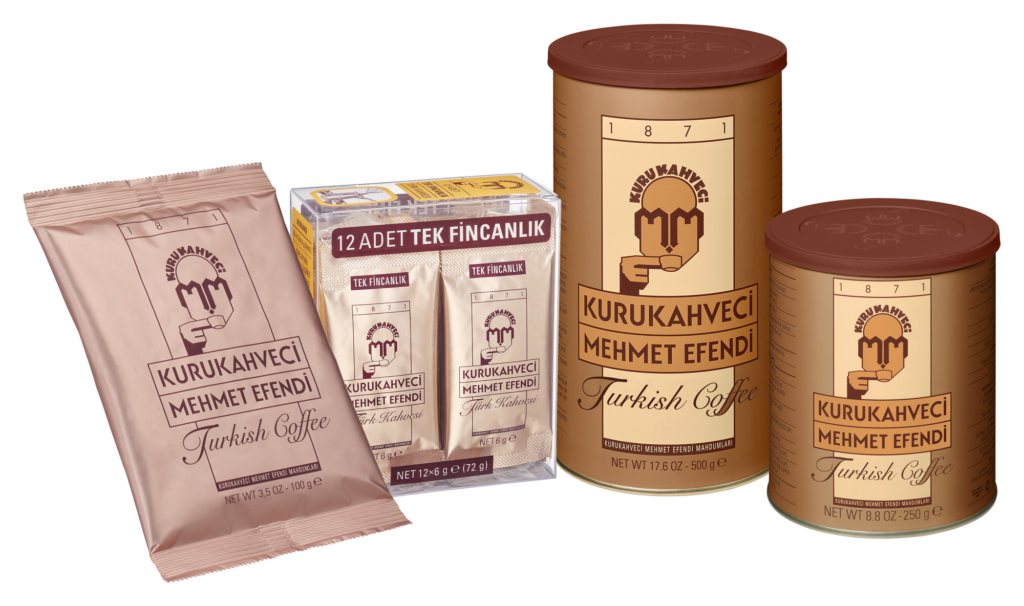
Concerns:
- Shelf Life: Due to long shipping times, products may approach or exceed their expiration dates upon arrival in India.
- Packaging: Improper packaging can lead to loss of aroma and flavor, especially in coffee products.
- Authenticity: Counterfeit products mimicking these brands have been reported, making it essential to purchase from reputable sources.
🔍 How to Identify Turkish Products and Ensure Safety
- Check for Importer Details: Ensure the product lists a registered Indian importer with contact information.
- Look for FSSAI Approval: Food products should have an FSSAI license number, indicating compliance with Indian food safety standards.
- Examine Packaging: Authentic products typically have high-quality packaging with clear labeling in English and other relevant languages.
- Verify Expiry Dates: Always check the manufacturing and expiry dates to ensure freshness.Trade.gov
- Research the Brand: Look up reviews and reports about the brand’s reputation and any past recalls or safety concerns.
- Be Cautious with Health Claims: Products making bold health claims without scientific backing should be approached with skepticism.
- Purchase from Reputable Sellers: Buy products from well-known retailers or official brand outlets to reduce the risk of counterfeit goods.
- Check for Certification Marks: Look for international certifications or quality marks that indicate product authenticity.
- Beware of Deep Discounts: Significantly discounted products may be expired, counterfeit, or of subpar quality.
- Consult Experts: When in doubt, seek advice from consumer forums, regulatory bodies, or industry experts.
🇦🇿 Azerbaijani Products to Approach with Caution
Overview
Azerbaijan’s emerging market has introduced various products to international consumers, including those in India. While these products offer unique cultural experiences, some have raised concerns regarding quality, authenticity, and compliance with Indian regulations.Wikipedia+4Trade.gov+4Trade.gov+4

1. Saffron and Spices
Azerbaijani saffron is marketed as a premium product.

Concerns:
- Adulteration: Instances of Azerbaijani saffron being adulterated with dyed corn silk or marigold have been reported.
- Mislabeling: Some products may be relabeled Iranian saffron, misleading consumers about the origin.
- Lack of Certification: Absence of recognized organic or quality certifications makes it challenging to verify authenticity.
2. Fruit Juices and Extracts
Brands like Nar and BalSU offer pomegranate juice and other fruit extracts.
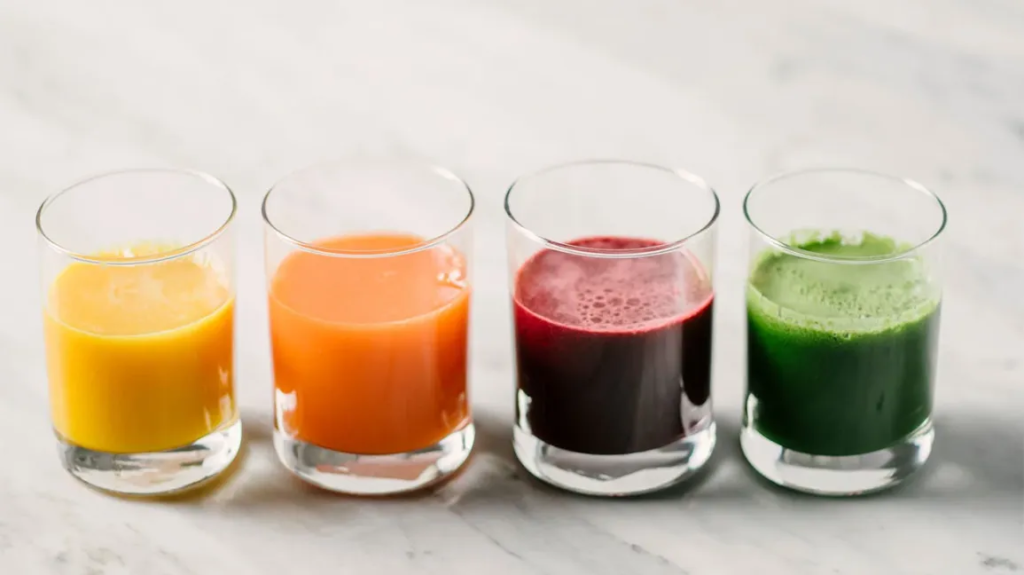
Concerns:
- Artificial Additives: Some products contain artificial flavor enhancers not disclosed on the label.
- Overstated Nutrition Claims: Nutritional information may not align with laboratory testing results.
- Lack of Organic Certification: Claims of being organic are often unverified by recognized bodies.
3. Cosmetics and Essential Oils
Products like Fireland Rose Oil and Caspian Glow are gaining popularity.

Concerns:
- Synthetic Ingredients: Some products are fragrance-only blends without therapeutic value.
- Undisclosed Components: Use of mineral oils and synthetic esters may not be listed on the packaging.
- Lack of Ingredient Transparency: Incomplete ingredient lists hinder informed consumer choices.
4. Wines and Alcoholic Beverages
Brands like Savalan and Fireland Vineyards are entering the Indian market.
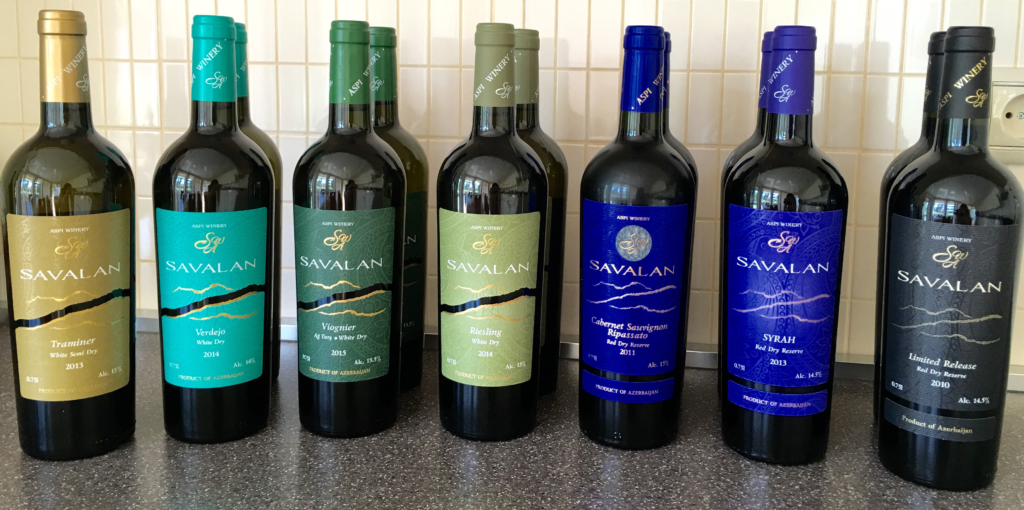
Concerns:
- Labeling Issues: Absence of sulfite content and proper alcohol labeling as per Indian norms.
- Storage Problems: Improper corking and sediment formation indicate potential storage issues.
- Regulatory Compliance: Lack of adherence to Indian excise regulations.
5. Footwear and Leather Goods
Brands like Baku Moda are being sold through online platforms.

Concerns:
- Quality Issues: Reports of cracks and color fading within weeks of use.
- Misrepresentation: Products advertised as genuine leather may not meet quality expectations.
- Lack of Warranty: Absence of after-sales support or warranty services in India.
🔍 How to Identify Azerbaijani Products and Ensure Safety
- Check for Importer Details: Ensure the product lists a registered Indian importer with contact information.
- Look for FSSAI Approval: Food products should have an FSSAI license number, indicating compliance with Indian food safety standards.
- Examine Packaging: Authentic products typically have high-quality packaging with clear labeling in English and other relevant languages.
- Verify Expiry Dates: Always check the manufacturing and expiry dates to ensure freshness.
- Research the Brand: Look up reviews and reports about the brand’s reputation and any past recalls or safety concerns.
Malaysian Products to Approach with Caution
Overview
Malaysia, renowned for its diverse exports ranging from palm oil to electronics, has established a significant presence in the Indian market. While many Malaysian products are celebrated for their quality and innovation, certain imports have raised concerns regarding safety, authenticity, and regulatory compliance. Indian consumers should be vigilant and informed when purchasing Malaysian goods to ensure their well-being and satisfaction.
1. Palm Oil and Edible Oils
Malaysia is one of the world’s leading producers of palm oil, a staple in many Indian households. However, the import of Malaysian palm oil into India has been subject to scrutiny due to various factors.
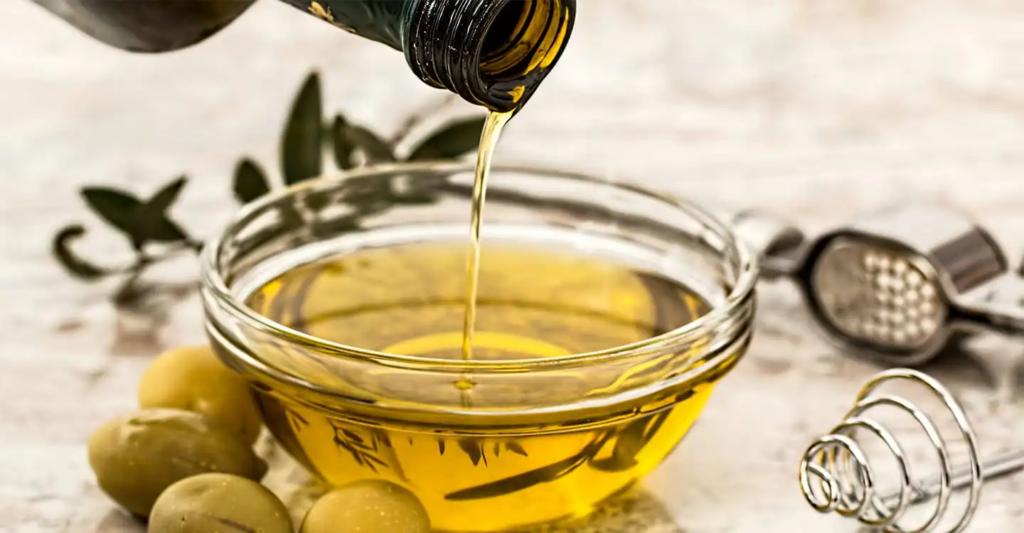
Concerns:
- Import Duty Fluctuations: India has periodically adjusted import duties on palm oil, impacting its price and availability in the domestic market. These changes can affect the quality and cost-effectiveness of the product for consumers.
- Sustainability Issues: While a significant portion of Malaysia’s palm oil plantations are certified under the Malaysian Sustainable Palm Oil (MSPO) standards, concerns about deforestation and environmental impact persist.
- Adulteration Risks: There have been instances where used cooking oil (UCO) exports from Malaysia were found to be mixed with virgin palm oil, raising questions about product authenticity and safety.
2. Processed Foods and Instant Noodles
Malaysian processed foods, including instant noodles and sauces, are popular in India due to their unique flavors and convenience. However, some products have faced recalls and safety concerns.

Concerns:
- Product Recalls: Certain batches of Malaysian instant noodles and sauces have been recalled due to spoilage, contamination, or labeling issues.
- Labeling Discrepancies: Some products lack clear labeling in English, making it difficult for Indian consumers to identify ingredients, allergens, and expiry dates.
- Regulatory Compliance: Not all imported food products undergo rigorous checks by the Food Safety and Standards Authority of India (FSSAI), leading to potential safety concerns.
3. Cosmetics and Personal Care Products
Malaysian cosmetics and personal care products have gained traction in the Indian market, often marketed as natural or herbal alternatives. While many products are of high quality, some have raised concerns.

Concerns:
- Ingredient Transparency: Some products contain synthetic ingredients or preservatives that may not be disclosed on the packaging, posing risks to consumers with sensitivities.
- Regulatory Approval: Imported cosmetics must comply with India’s Drugs and Cosmetics Act and Rules. Products lacking proper approvals or certifications may not meet safety standards. IJARSCT
- Adverse Reactions: There have been reports of skin irritations and allergic reactions linked to certain Malaysian cosmetic products, emphasizing the need for caution. Impact Factor
4. Herbal Supplements and Traditional Remedies
Malaysia’s rich biodiversity has led to the development of various herbal supplements and traditional remedies. These products are often marketed for their health benefits but require careful consideration.

Concerns:
- Unverified Claims: Some products make bold health claims without scientific backing, potentially misleading consumers.
- Quality Control: The lack of standardized manufacturing processes can lead to variations in product quality and efficacy.
- Regulatory Oversight: Herbal supplements may not undergo the same rigorous testing as pharmaceutical products, raising questions about their safety and effectiveness.
5. Electronics and Electrical Appliances
Malaysian electronics, including home appliances and gadgets, are available in the Indian market, often at competitive prices. While many products are reliable, some issues have been noted.

Concerns:
- Voltage Compatibility: Products designed for Malaysian electrical standards may not be compatible with Indian voltage and frequency, leading to performance issues or hazards.
- After-Sales Service: Limited service centers and lack of spare parts in India can make maintenance and repairs challenging.
- Warranty Limitations: International warranties may not be honored in India, potentially leading to financial losses for consumers.
🔍 How to Identify Malaysian Products and Ensure Safety
- Check for Importer Details: Ensure the product lists a registered Indian importer with contact information.
- Look for FSSAI Approval: Food products should have an FSSAI license number, indicating compliance with Indian food safety standards.
- Examine Packaging: Authentic products typically have high-quality packaging with clear labeling in English and other relevant languages.
- Verify Expiry Dates: Always check the manufacturing and expiry dates to ensure freshness.
- Research the Brand: Look up reviews and reports about the brand’s reputation and any past recalls or safety concerns.
- Be Cautious with Health Claims: Products making bold health claims without scientific backing should be approached with skepticism.
- Purchase from Reputable Sellers: Buy products from well-known retailers or official brand outlets to reduce the risk of counterfeit goods.
- Check for Certification Marks: Look for international certifications or quality marks that indicate product authenticity.
- Beware of Deep Discounts: Significantly discounted products may be expired, counterfeit, or of subpar quality.
- Consult Experts: When in doubt, seek advice from consumer forums, regulatory bodies, or industry experts.
Conclusion: Informed Choices Start with Awareness
Navigating the global marketplace has never been easier. With just a few clicks, Indian consumers can access a wide array of products from around the world—from premium Korean skincare and flashy Turkish home appliances to tantalizing Malaysian sauces and supplements. But this ease of access also brings a fresh set of challenges that most buyers aren’t fully prepared for.
What we often overlook in the excitement of trying something “foreign” or “exotic” is that not all imported goods are created equal. Every product that crosses international borders should be viewed through the lens of health, legality, compatibility, and transparency. Unfortunately, many imports—especially those from Turkey, Korea, and Malaysia—frequently slip through regulatory cracks, entering the Indian market without sufficient checks.
A Pattern Across Borders
Our deep dive reveals a pattern: popular foreign brands—no matter how globally recognized—can sometimes fall short when they land in India. Korean beauty products may have cutting-edge formulas, but lack full disclosure of ingredients as per Indian cosmetic regulations. Turkish teas and biscuits may taste of tradition, yet many fail to meet basic food safety standards. Malaysian herbal supplements may promise wellness but deliver unregulated doses and questionable additives.
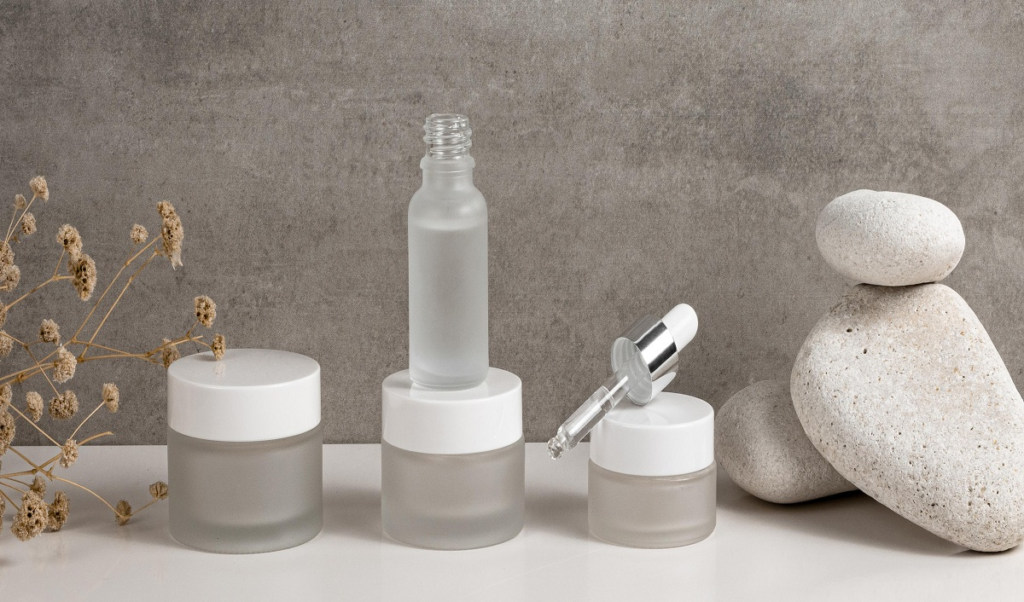
In nearly every case, a lack of proper labeling, poor after-sales support, incompatible specifications, or adulteration risks are red flags that deserve more attention from consumers and regulators alike.
Why This Matters
What’s at stake is more than just wasted money or a poor shopping experience—it’s consumer health, safety, and trust. Mislabeling can lead to allergic reactions. Adulterated food and supplements can lead to long-term health complications. Poorly designed electronics can cause hazards at home. And in many instances, consumers don’t even know where to report these issues because the brands have no local representation or accountability in India.
Also, the rise of grey market imports and influencer-led marketing—especially on social platforms—makes it even harder for everyday buyers to distinguish what’s safe and legitimate from what’s risky and overhyped. Combine that with deep discounts on e-commerce platforms and visually appealing packaging, and the illusion of quality becomes dangerously convincing.
What You Can Do
As a consumer, your best tool is knowledge. Being able to spot warning signs—like missing FSSAI approval, inconsistent labeling, dubious claims, or lack of local support—can help you make more conscious choices. Always research the product and its brand, check for recalls or regulatory alerts, and buy from trusted sellers.
Here’s the bottom line: just because a product is imported doesn’t mean it’s better. And just because something is trending on social media doesn’t mean it’s safe for you or your family. Curiosity is good—but it must be balanced with caution.
What Needs to Change
This conversation doesn’t end at consumer awareness. There’s a critical need for stronger regulatory enforcement and cross-border collaboration. Authorities like FSSAI, BIS (Bureau of Indian Standards), and the CDSCO (Central Drugs Standard Control Organization) must ramp up scrutiny of imports and hold distributors accountable. At the same time, retailers and e-commerce giants must be more transparent and proactive in filtering out unsafe or non-compliant products.
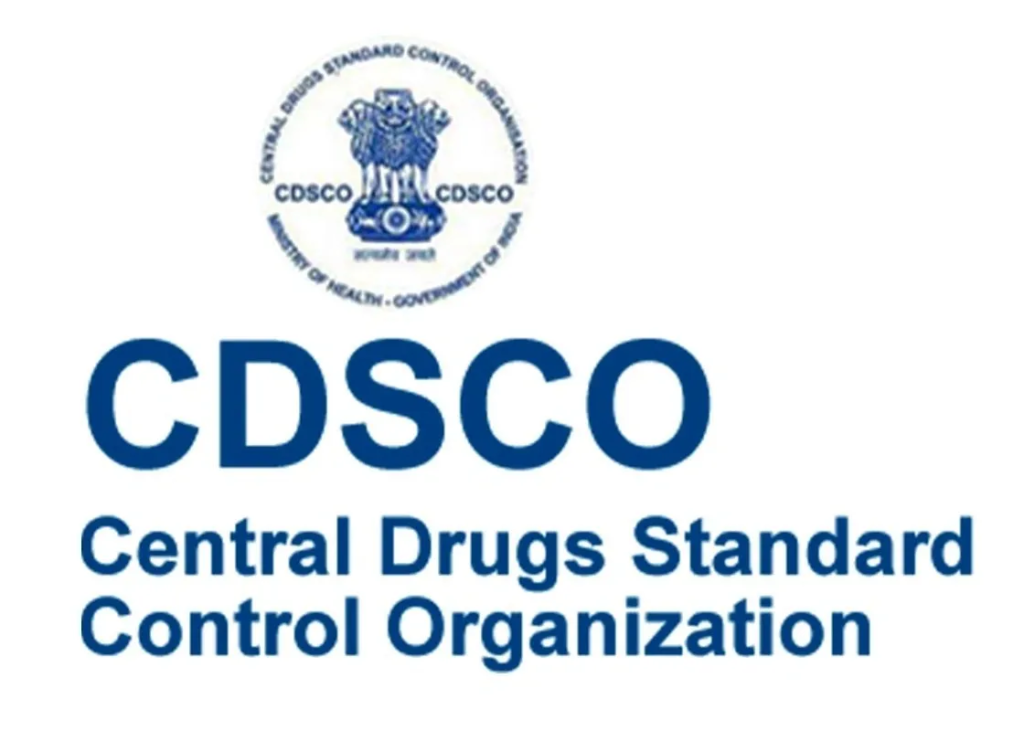
Brands seeking long-term success in India also have a responsibility—to localize their labeling, undergo certification, and offer robust customer support tailored to Indian needs.
You might also be interested in – Pahalgam terrorist attack 2025: Pakistan’s Heinous attack on Kashmir “India”


